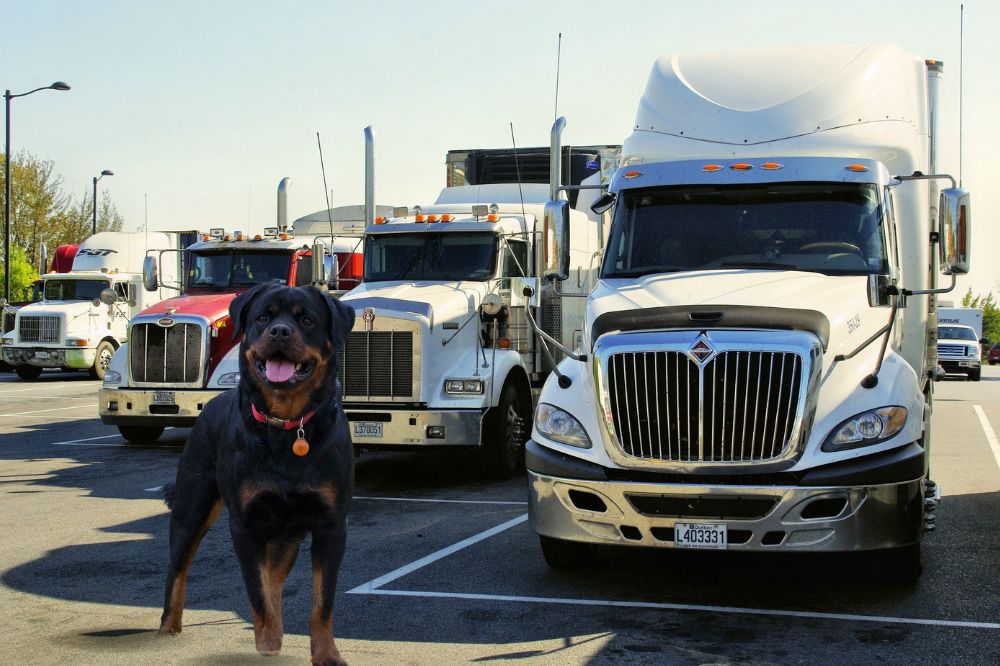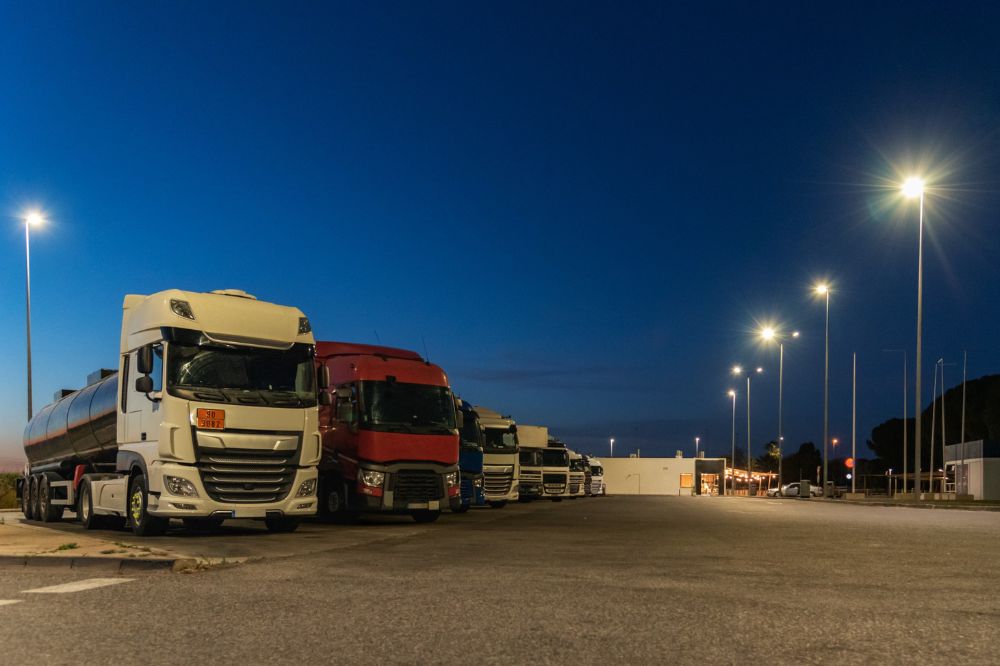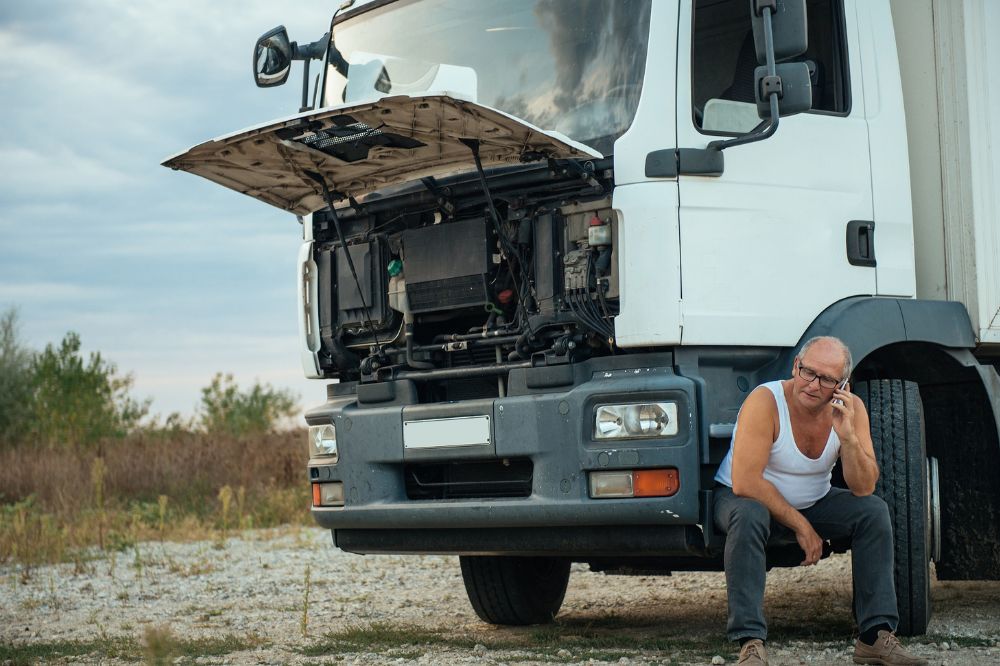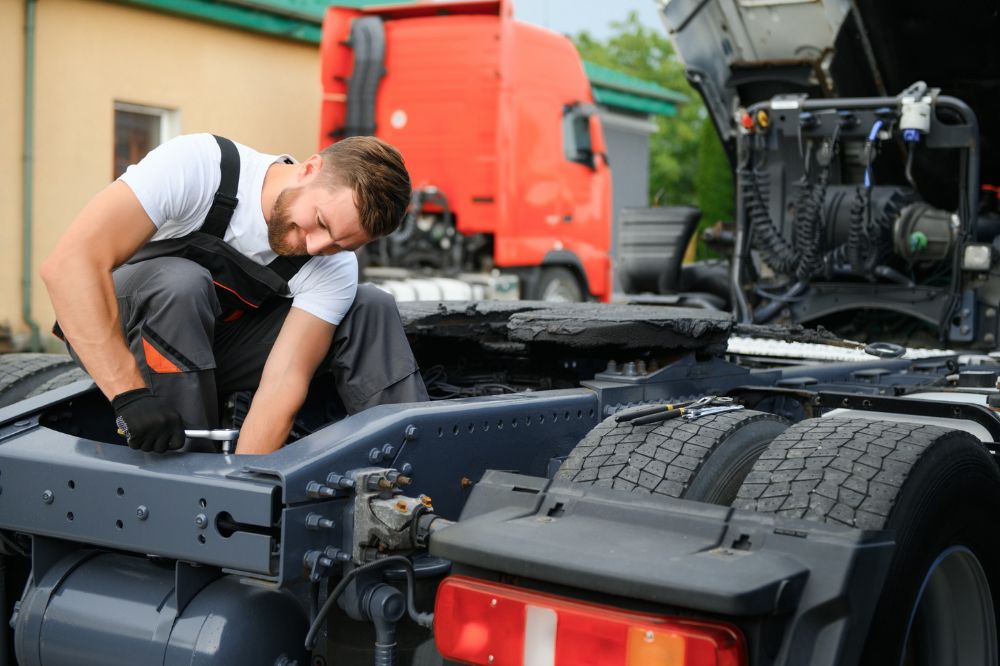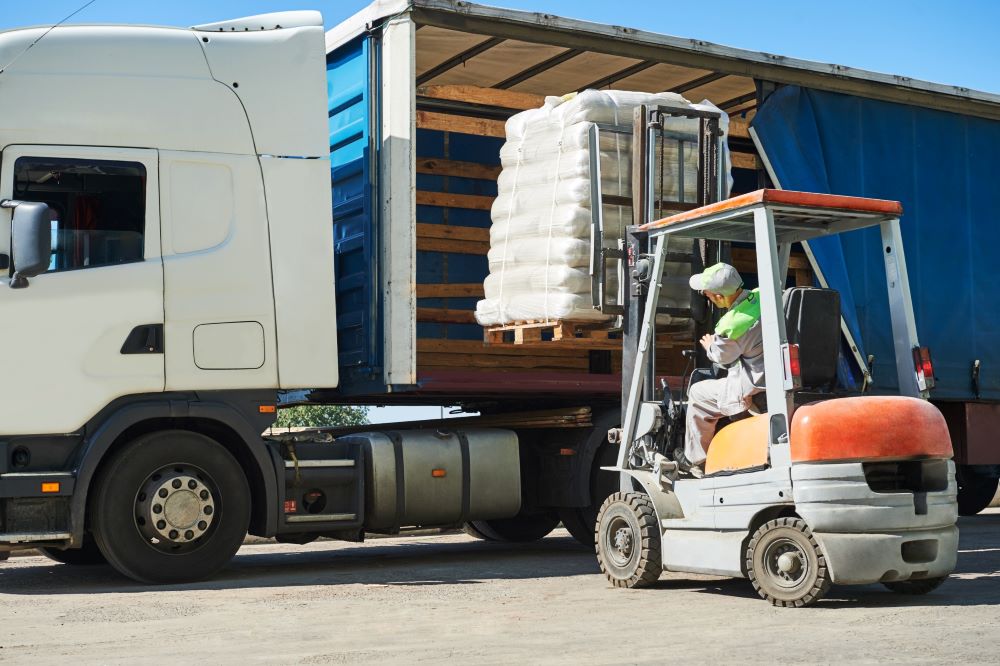
Optimizing load distribution in semi trucks is a process where you make sure that every square inch of your truck is used to its full potential.This means you maximize each load you take by carefully planning, distributing, and securing them. This is essential for efficient trucking operations.
If you want your business to perform better and gain a competitive advantage in the logistics and transportation industry, then you need to get load optimization right. We’ll cover everything you need to know about this in the guide below.
Importance of Load Optimization
Load planning and optimization are something every trucker needs to get right for smooth operations. Here are some of the main reasons a good load planning process is so important.
Makes Transportation More Economical
Efficient load planning for semi-trucks significantly cuts costs by reducing fuel consumption and improving operational efficiency.
Load optimization helps lower your overall logistics and travel expenses, making operations more economical and profitable.
Positive Environmental Impact
Optimized loads in semi trucks help you achieve more efficient fuel use. This reduces the carbon emissions of semi-trucks.
Good load planning contributes to sustainability goals and helps you stay compliant with environmental regulations. It’s a simple way to promote greener practices in the trucking industry.
Improves Operational Efficiency
Efficient loading means you use your truck’s capacity better. This means the right load planning software and process could help you do fewer trips while still delivering the same volume.
Good load planners can achieve more efficient scheduling and routing, making operations a whole lot easier to manage.
Gives You a Competitive Advantage
Optimized loads can improve customer satisfaction, as you’ll be running more timely and reliable deliveries. It can also lead to faster loading and unloading processes, which is important for happy customers and overall efficiency.
This can give your trucking business a competitive edge, as cost-effective operations are more attractive to customers.

Factors to Consider in Truck Load Optimization
Optimizing load distribution is never a straightforward process – even if you’re using the best load planning tools.
Here are some things to keep in mind when focusing on load planning processes.
Load Planning and Scheduling
Accurate demand forecasting is crucial for effective load planning and scheduling. You must be able to predict the amount of goods that need to be transported to reduce under or overloading your truck.
Using advanced load planning tools allows for more precise and efficient scheduling. These tools can analyze large amounts of data quickly, identify patterns, and suggest optimal loading plans to match vehicle capacity.
They also help in coordinating different stages of the supply chain, ensuring that loads are ready when trucks arrive.
Truck Capacity and Load Matching
Understanding the different types and sizes of trucks available is essential for optimizing load capacity.
Semi-trucks come in various configurations, each suitable for different loads. Matching the right load with the right truck ensures that space is used efficiently.
This involves knowing the maximum load each truck can carry and the best way to use that space. Proper load matching not only maximizes space but also helps in reducing wear and tear on vehicles.
Weight Distribution and Legal Compliance
Sticking to weight limits and regulations is vital for both safety and legal compliance.
Overloaded trucks can be serious safety hazards. You also need even weight distribution across the truck, as it affects the vehicle’s balance and stability.
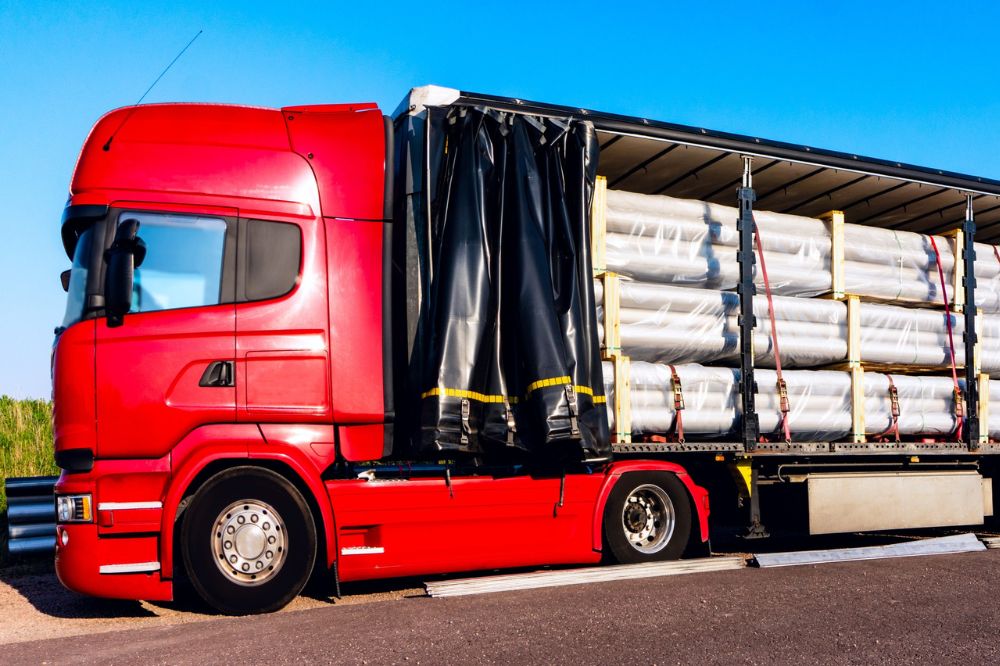
Type of Cargo
Understanding the characteristics of the cargo is a key factor in load optimization.
Different goods require different handling and storage conditions. Some special handling requirements might also involve extra equipment or specific loading techniques.
For example, perishables need refrigeration, while hazardous materials require special containment and handling procedures.
Understanding these requirements helps you plan the load to ensure everything is transported safely and efficiently.
Technology and Automation
Advanced software and AI can play an important role in optimizing load planning by analyzing data and providing insights for better decision-making.
The right load planning technology can automate many aspects of the planning process, from route optimization to load scheduling and proper weight distribution.
This significantly reduces manual efforts and errors.
Load planners can also integrate GPS and telematics for real-time tracking of trucks and loads.This means that load planners can make dynamic adjustments based on current conditions.
This real-time data helps in making informed decisions, such as rerouting to avoid traffic or adjusting delivery schedules.
Collaborative Strategies
Collaborating with other businesses can help you maximize efficiency in transport resources.
Shared transport resources, such as freight consolidation, can help fill up trucks to their maximum capacity. This reduces the number of trips needed and lowers costs.
Collaborative logistics involves multiple companies working together to optimize their supply chains, sharing information and resources. Companies can use trucks more effectively and plan routes to minimize empty runs because of this
These strategies both enhance load optimization and build stronger partnerships within the industry.
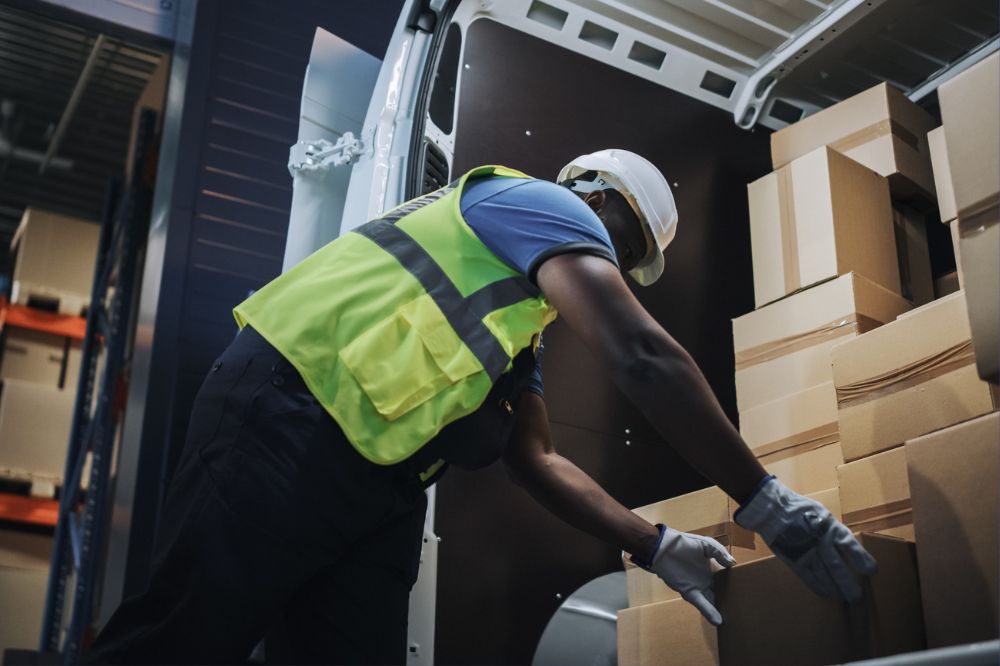
Benefits of Truck Load Optimization
If you’re a truck driver or owner-operator, then proper load planning is essential. Here are some of the major benefits you’ll experience when you get load planning right.
Cost Savings
Truck load optimization can help you save money by reducing fuel costs and maintenance expenses.
Efficient load management ensures that trucks carry optimal weights, which reduces fuel consumption. Getting your load management right can also result in fewer trips, which means less wear and tear on vehicles.
Streamlined operations also minimize the need for excess labor and administrative efforts, which can lower your operational expenses.
By maximizing the load capacity of each trip, businesses can transport more goods on fewer trips, saving on the various costs associated with logistics.
Environmental Benefits
Optimizing truck loads plays an important role in reducing greenhouse gas emissions.
Efficient fuel use means that trucks burn less fuel per mile, decreasing the overall carbon footprint of the vehicle. Reducing emissions is necessary for more eco-friendly trucking practices and achieving sustainability goals within your business.
Companies that prioritize load optimization are better positioned to meet environmental regulations and standards. Focusing on this also enhances your company’s public image by showcasing a commitment to being environmentally conscious.
Improved Operational Efficiency
Enhanced route planning and load optimization can lead to substantial time savings. This is something that every truck driver wants to achieve.
Efficient routing ensures that trucks spend less time on the road, avoiding traffic congestion and taking the shortest or fastest routes. This not only speeds up delivery times but also reduces fuel consumption.
Improving the way you use your truck’s capacity means fewer empty miles, where trucks travel without cargo.
By minimizing these empty miles, companies can increase the number of productive trips, which improves overall operational efficiency. Taking a streamlined approach like this allows for better resource allocation and quicker turnaround times with deliveries.

Increased Profitability
Maximizing revenue through optimized load capacity directly contributes to your trucking business’s profitability.
By ensuring that each truck is loaded to its optimal capacity, businesses can transport more goods per trip. In simple terms, this means more revenue for each trip.
Reducing overhead costs through load optimization, like the costs related to fuel, maintenance, and labor, stretches your profit margins even further.
So, efficient load management and routing not only cuts costs but also improves your bottom line.
Customer Satisfaction
Timely deliveries are essential for customer satisfaction in the trucking industry.
Optimized load management ensures that the delivery of goods is on schedule, thus improving customer service and retention.
Consistent reliability in meeting delivery deadlines will help you build trust with customers, which increases loyalty and repeat business. Being able to provide accurate delivery times and reduce delays enhances the overall customer experience.
Companies that can consistently meet their delivery promises are more likely to see positive reviews and recommendations, generating long-term customer relationships.
Regulatory Compliance
Sticking to legal load limits is essential to avoid fines and penalties. Load optimization ensures that trucks operate within the weight limits set by regulations.
Compliance with safety standards is just as important, as it reduces the risk of accidents and improves road safety.
By following environmental regulations, companies can also avoid penalties related to excessive emissions.
As a trucking business, you need to stick to safety and environmental standards. This showcases responsible business practices and can help you build better relationships with regulators and the community.
Conclusion
Proper truck load optimization may seem like a simple concept, but it plays a massive role in your overall operational efficiency. Various tools and practices exist to help you optimize and plan each load. When you get this right, you’ll experience a far more streamlined, and profitable, trucking business.
Are you looking to purchase a new truck for your business? Then get in touch with us at Mission Financial Services – we make it easy for everyone to access financing for their dream commercial vehicle.

